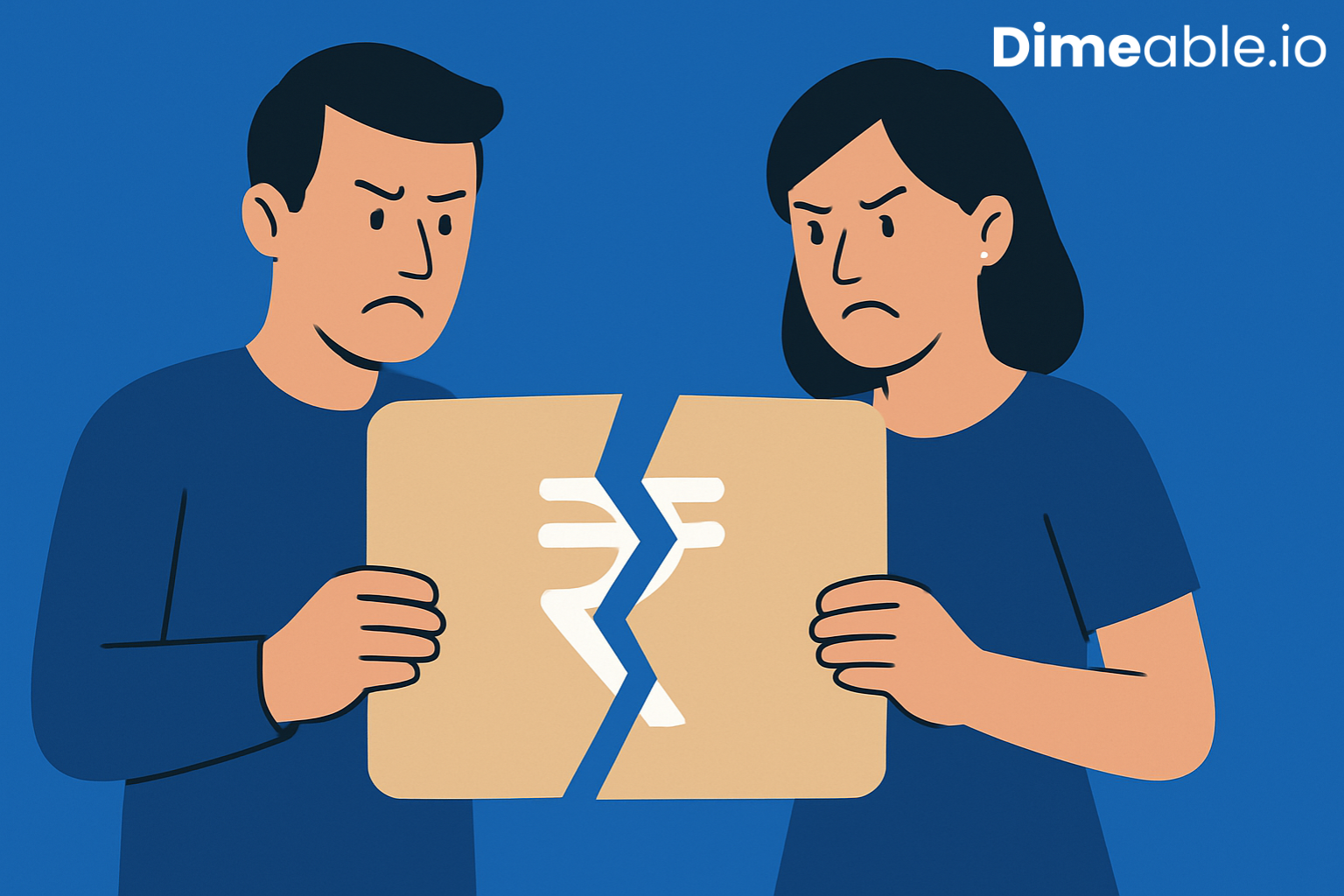Joint bank accounts are a common financial tool in India, used by couples, business partners, and family members. While they offer convenience and transparency, disputes can arise over fund usage, withdrawals, or ownership rights. Resolving these disputes effectively is crucial to maintaining financial harmony. This guide explores the causes of joint account disputes and the best ways to manage them.
Common Causes of Disputes in Joint Account Ownership
- Mismatched Expectations: Differences in financial habits and expectations can lead to conflicts.
- Unauthorized Withdrawals: One account holder withdrawing large sums without informing the other can create trust issues.
- Financial Mismanagement: Reckless spending or failure to contribute fairly may trigger disputes.
- Legal Issues: In case of death, divorce, or separation, ownership rights become complex.
- Third-Party Influence: Family pressures or external influences may lead to conflicts over account control.
Steps to Resolve Joint Account Disputes
1. Communicate Openly
- Sit down and discuss concerns calmly.
- Set financial rules and expectations from the start.
2. Refer to the Account Agreement
- Banks have clear terms regarding joint accounts; revisit them to clarify rights and responsibilities.
3. Contact the Bank
- If a dispute escalates, inform the bank immediately.
- Banks may freeze accounts in severe cases to prevent unauthorized withdrawals.
4. Set Spending Limits & Notifications
- Use online banking features to set transaction limits and receive alerts for all account activities.
5. Consider Legal Action if Necessary
- If disputes persist, consult a financial advisor or lawyer.
- Inheritance laws and personal laws (such as Hindu Succession Act) may impact joint account rights.
Preventive Measures to Avoid Joint Account Disputes
- Define Contributions Clearly: Ensure all parties understand who deposits and withdraws money.
- Maintain Transparency: Keep records of transactions and share financial updates regularly.
- Opt for ‘Either or Survivor’ Mode: This mode allows seamless fund access in case of the death of one account holder.
- Use Separate Accounts for Personal Expenses: A joint account should be for shared expenses, not personal ones.
Conclusion
Managing a joint account requires trust and clear communication. By setting financial boundaries and leveraging banking tools, account holders can avoid disputes and maintain smooth financial relationships. If conflicts arise, timely intervention and legal guidance can prevent further complications.
FAQs
1. What happens to a joint account if one holder dies?
If the account is in ‘Either or Survivor’ mode, the surviving holder can access the funds. Otherwise, legal formalities apply.
2. Can one account holder close the joint account?
Most banks require consent from both account holders unless explicitly stated otherwise in the account terms.
3. How can I remove my name from a joint account?
Visit the bank with all account holders and request for a removal process as per bank policies.
4. What legal actions can be taken in case of misuse?
You can approach the bank for a freeze, file a police complaint, or seek legal intervention if fraud is suspected.
5. Are joint accounts taxable in India?
Yes, tax liability depends on who contributes funds. Interest income is taxed as per the contributor’s tax slab.
Also Read: Understanding Tax Implications on Joint Accounts in India


